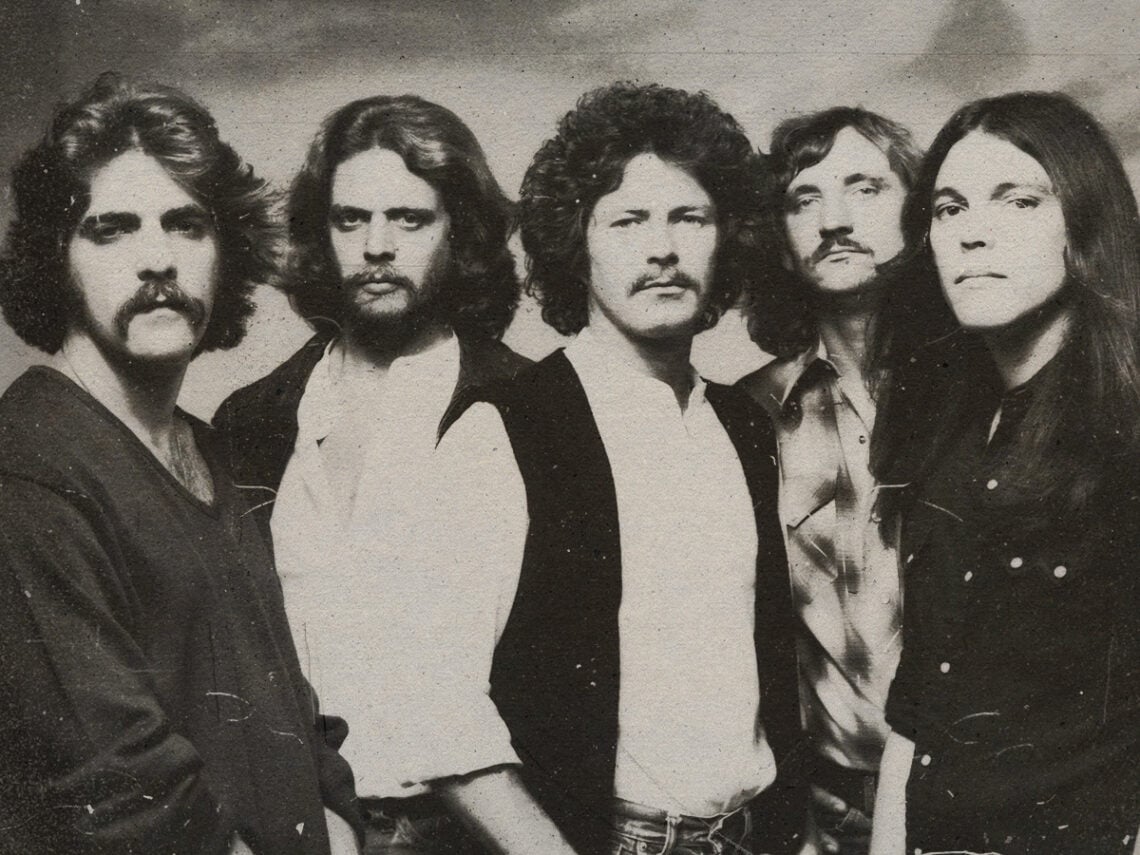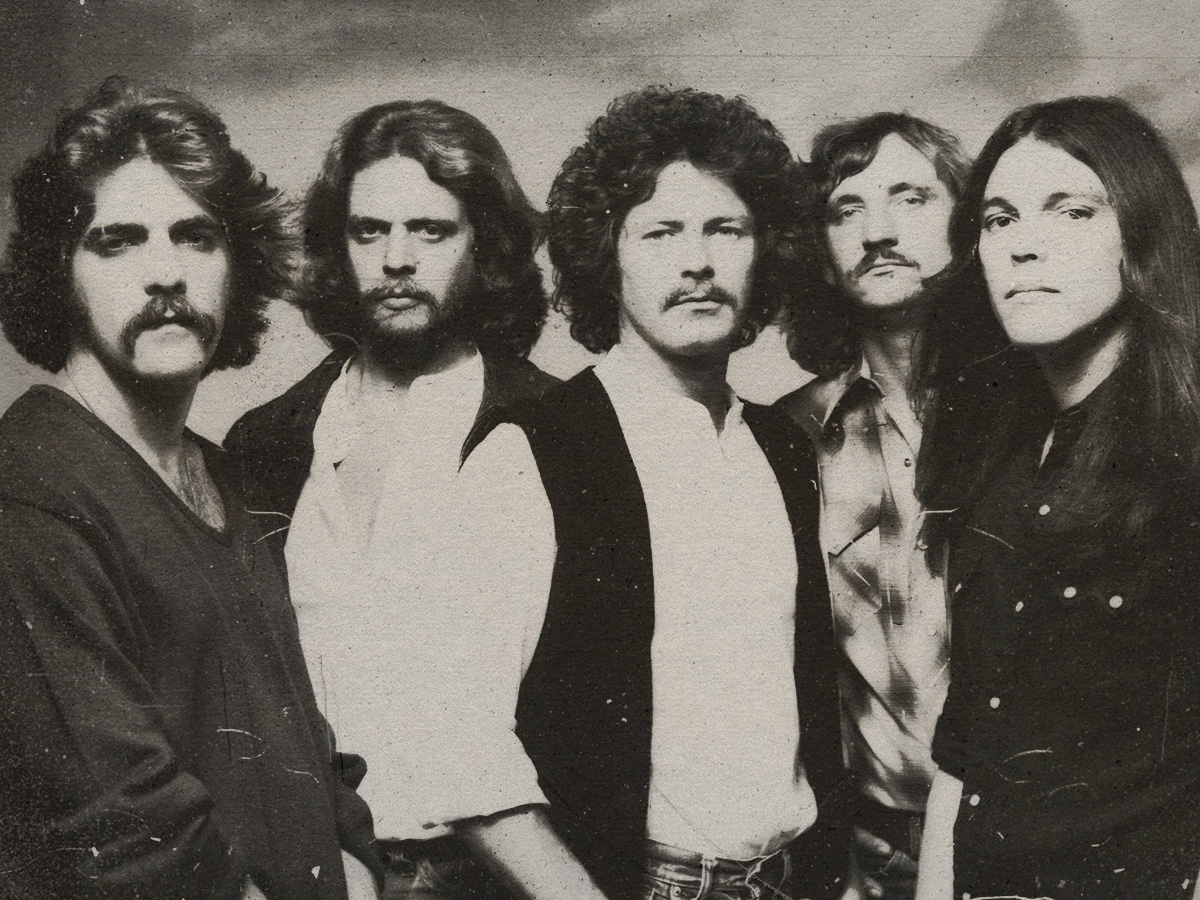
(Credits: Far Out / Showtime / The Eagles)
Wed 29 October 2025 21:35, UK
When the Eagles were first getting together, none of them wanted to get anyone merely good in the lineup.
Glenn Frey and Don Henley wanted to create the musical version of a supergroup before they had even released a record, and even when they had the right band behind them, they had a lot more to learn about the music industry than they realised. But even if they were still a bit wet behind the ears, Frey knew that he wouldn’t have changed a thing when he heard what everyone could do on their own.
Because if Frey wanted to, he could have made a decent living playing in Linda Ronstadt’s band for the rest of his life. He had a paying gig, and it was bound to be hard to find any kind of work after being the faceless member of the group, but when he heard the way that he and Henley sounded together, there was a chance that they had a shot that went beyond being a couple of great background singers.
And for being on the receiving end of two of her musicians walking out, it’s shocking to see Ronstadt be as accommodating as she was. Not only did she graciously understand that they needed to move on past being sidemen, but she also suggested bringing in the new hotshot country guitarist that she had been working with on a couple of tunes, Bernie Leadon.
Leadon was far and away one of the best country players on the scene, and throughout his time with the band, he did give them a bit more credibility than normal. It would have been extremely tough to have a group that made a countrified take on rock and roll, but by having someone who had worked with Gram Parsons, played the banjo, and seemed to fit into that specific mould. Joe Walsh may have given them their rock and roll chops, but it all fell back on Henley to create the lyrics.
Frey was great at the one-liners that stuck with people forever, like on ‘Lyin’ Eyes’, but Henley had a specific agenda whenever he made his tunes. And despite there being more than a little bit of friction between the duo once the band split up, Frey was willing to admit that there was a lot more weight to Henley’s solo career than anything the rest of them had put out before their eventual reunion.
The spirit of Eagles was certainly there, but there was food for thought on all of Henley’s albums that Frey thought the world needed to hear, saying, “He’s very exacting, wants everything to be right. Great singer. Underrated drummer. An important artist and activist now. Good friend in the 70s… still a good friend, although we haven’t talked to each other much. But I think he’s an important artist and somebody who brings a lot of credibility to the music business and to songwriting.”
Even if we don’t count all of the good work that Henley has done for the Walden Woods Project, part of the appeal of his music is that he still seems to give a shit about artistic integrity. He knew that no artist can get by without saying something, and while Walsh’s career had been flourishing even before working with the Eagles, the reason why The End of the Innocence resonates as an album is because of how well-structured the songs were and the intricate stories that they told.
Was everything that Henley ever sang going to be absolutely perfect? No, but that was never the point of any of his work. All he wanted was to make records that would last, and even if a few of them can come across as a touch dated these days, Frey was always proud to have a friend that seemed to still be in the business for all the right reasons.
Related Topics

